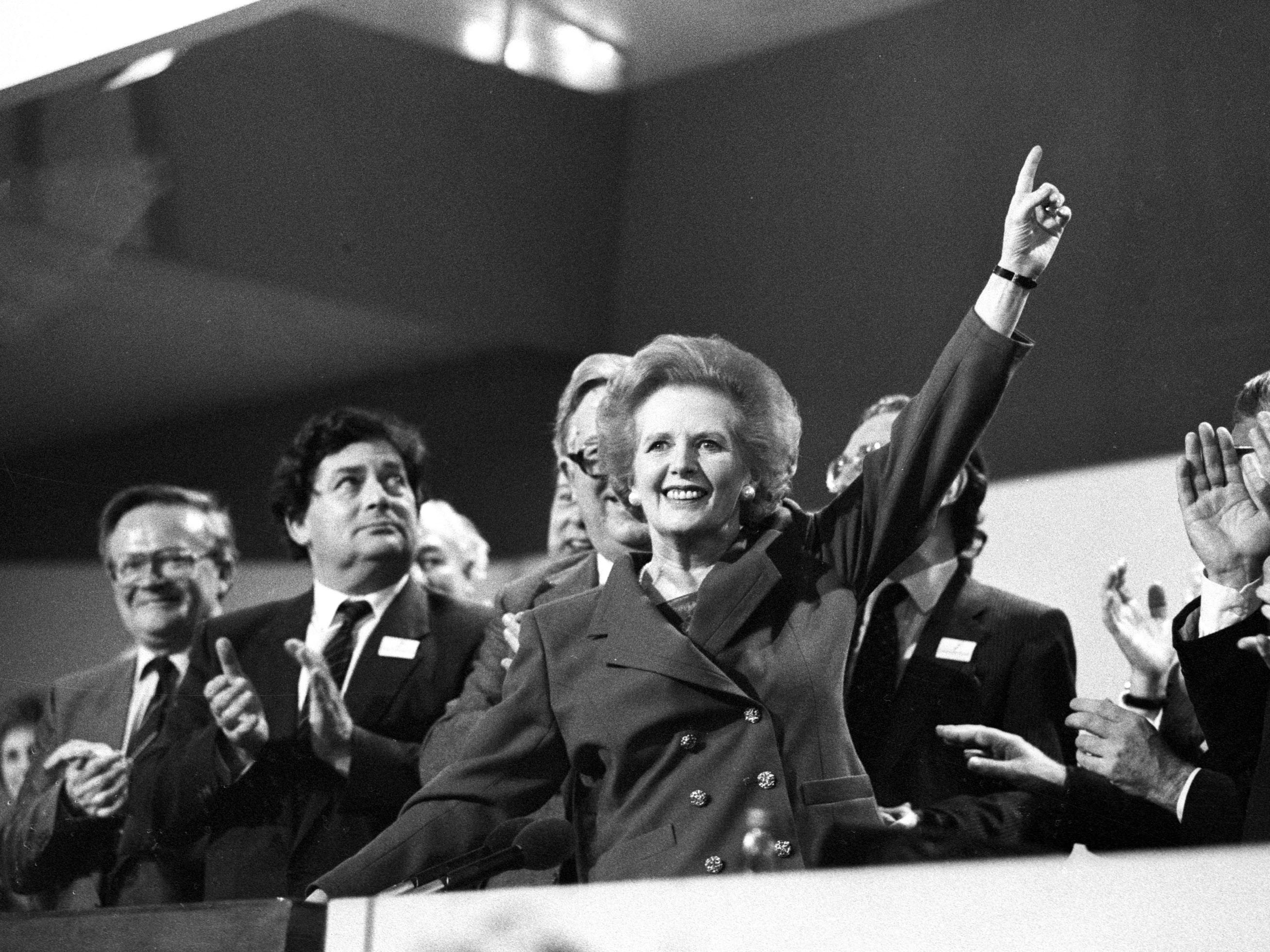LONDON – Ahead of June’s general election much discussion has been held on how the vote will impact the UK’s financial markets.
The general consensus is that a bigger Tory majority – the widely expected outcome – should lead to a softer Brexit and therefore be a material positive for the markets. Of course, no one really knows what will happen either in the election or to the markets afterward.
Regardless, investment firm Fidelity has compiled a handy chart illustrating the returns on the UK stock market under every prime minister since 1970. That takes in nine PMs – four from the Labour Party, and five from the Conservatives.
The chart throws up some interesting findings, including that Margaret Thatcher was the most market-friendly PM in recent history, presiding over a period of huge expansion of more than 500%.
This market boom was not actually as a direct result of Thatcher and was instead largely thanks to her premiership coinciding with a period of global economic expansion tied closely to mass deregulation seen worldwide.
On the flipside, Gordon Brown is the only premier to see stocks decline during his tenure. That is down to him taking over in Number 10 just as the global financial crisis was starting to crystallise, sending stocks across the world plummeting.
Here is the chart:

For sure, the chart is an interesting exercise, but Fidelity warns against taking too many conclusions from the data.
"While the analysis may seem to support the view that stocks and shares perform better under a Conservative government, the reality is that economic and market factors have a far bigger influence on UK equities than the political party in power," a release from the company says.
"While on the face of it the Conservatives appear to have delivered more impressive stock market returns than Labour in recent years, the economic and market environment has a far more important bearing on the performance of the stock market than who the current occupant of Number 10 is," Tom Stevenson from Fidelity adds.

